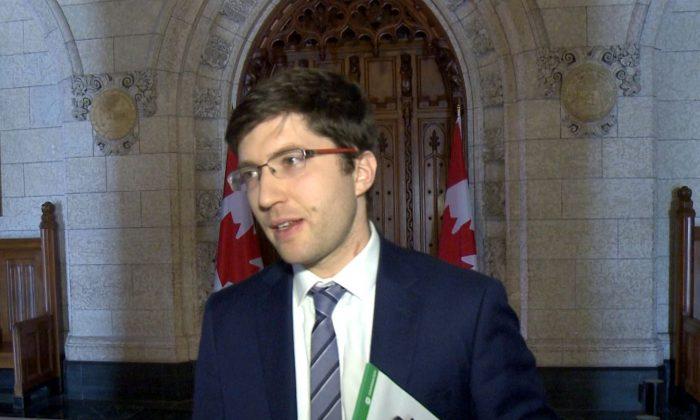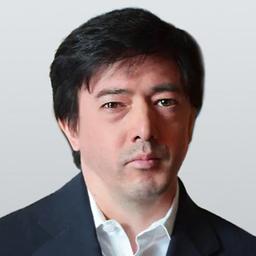Chinese diplomats who are involved in encouraging overseas students to attack free speech on Canadian campuses should be removed from their position, says Conservative MP Garnett Genuis.
“If there is direct, demonstrable involvement by a foreign diplomat interfering in Canadian institutions in a way that is designed to limit the free speech, or intimidate students who attend events, then the folks who do that should no longer be diplomats in Canada,” Genuis said in an interview.





